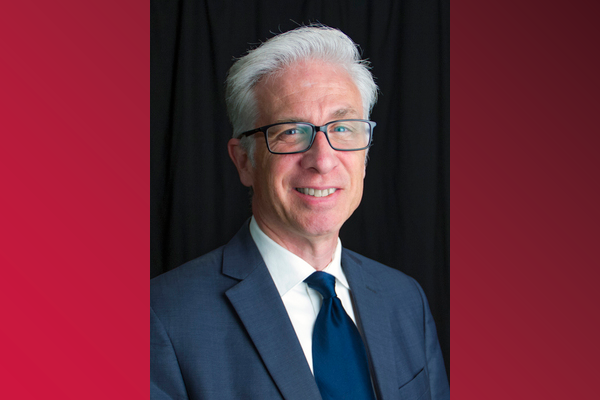‘Science Sundays’ looks to the past to understand the future

The “Science Sundays” series will view the future through the lens of the past on Sunday, February 19, with the lecture “History and Future.”
David Staley, associate professor of history, says that the field of “Futuring” – the term preferred by those whom, as he puts it, “are interested in and try to understand what’s next” – is based firmly in trying to understand the behaviors of the complex systems that are observable in past events. By researching trends and scanning the environment, Staley says, " We look at the potential for change in the realm of society, technology, the environment, the economy and politics. We try to look at trends and see what kind of events they can create.”
Staley says that many outside of the field are surprised to learn that historians are uniquely positioned to anticipate future events. “Historians make excellent futurists because of how we study the past. As in my own practice, we can examine past events as evidence to look forward to the future.”
Staley hesitates to describe Futuring as the study of human behavior, because “there isn’t such a thing as ‘human behavior’ or ‘human nature.’” He continues, “Human nature is far from unitary – humans behave in all sorts of ways. Human beings can be selfish, but they can also be altruistic – it all depends on the historical context.”
Futuring is not a perfect science, says Staley, calling to mind the broad-reaching predictions of flying cars and fully-autonomous robots made by futurists of the 1960’s and '70’s. “In popular culture, futurists are assumed to be those who makes predictions, so when they don’t succeed, it’s assumed that they may not be a credible scholar.” Staley says he prefers the term “anticipate” to “predict”: “It is not possible to predict the future. We can, however, anticipate the patterns of behavior that are most likely.”
Staley says that the futures of technology and the economy, for example, are easier to anticipate, because each brings with it well-defined trends driven by data. Social and cultural changes, however, prove much more challenging. Sometimes, he says, it is most difficult to anticipate what won’t change. “Lay people assume the future must be driven entirely by change, but history is the study of both change and continuity. So is anticipating the future.”
Staley is part of a small group of futurists at-work, today, and he says he first became interested in the field through his love of science fiction literature. “After I graduated high school, I spent the summer reading Isaac Asimov’s 'Foundation' trilogy. And I said, ‘That’s what I want to study, that’s what I want to do.’ The next best thing available to me, at the time, was history. But I never gave up my interest in the future.”
Sunday will mark Staley’s first “Science Sundays” lecture, as a speaker, but he sees these discussions as crucial to Ohio State's overall mission. “I am a big adherent of the land grant mission, and I see part of that mission to be the dissemination of public knowledge.” He adds, “'Science Sundays' lectures not only showcase the terrific researchers of Ohio State but show that the university places the utmost importance of publicly-engaged discourse.”
Staley’s lecture, “History and Future,” will be held at the Ohio Union U.S. Bank Conference Theater at 3 p.m. on February 19, 2023, with an informal reception to follow at 4 p.m. For more information, visit the “Science Sundays” event page.
